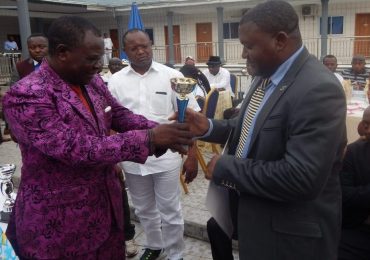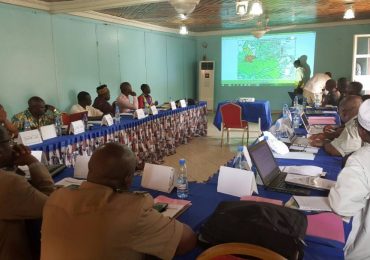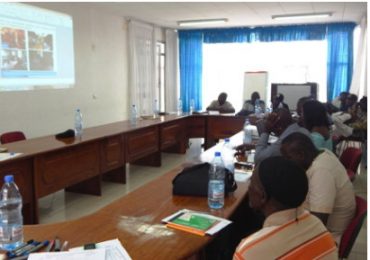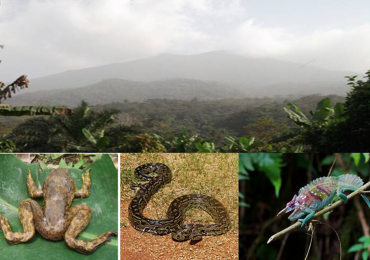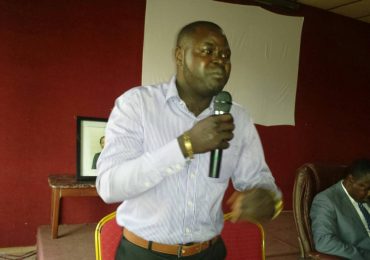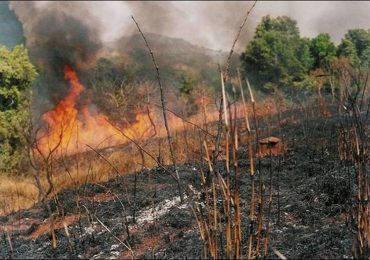Barely six months after matriculation, trainees at the ERuDeF Institute of Biodiversity and Non-profit Studies (IBiNS), have testified of having acquired enough entrepreneurial and managerial skills that can enable them become self-employed.
They made this confession during an end-of-semester assessment meeting recently at the Institute’s campus, Mile 18, Buea in the South West Region.
The trainees, most of whom never had the professional experience demanded by non-profit organsations and companies in the country were thrilled by the diverse amount of skills they have acquired from the Institute within “a very short period of time”.
“I graduated some three years ago and was not able to secure a job because most NGOs and companies demanded experience, which I never had. However, IBiNs has given me the required experience; I can now conceive and write fund raising projects and execute them, manage a company, manage finances and many more. I am really happy,” said one of the trainees, Mrs. Lea Alida Kenmene.
Ms. Blessing Limbi said the training program has made her versatile.
“I have not only acquired the necessary check list for establishing and sustaining an NGO, which has always been my ambition, but have also improved my professional and entrepreneurial know-how with the ability to conceive and write feasible fundraising projects,” said Ms. Limbi.
Other trainees including Smith Kanjo, Tengem Adeline, Kumji Hanna, Rose Enanga and Christina Enanga, said beside acquiring management and fundraising skills, they have greatly improved on their writing and communication skills.
The trainees expressed satisfaction on the content of some essential courses like Scientific Writing and Publishing, Business Communication and Public Speaking, Financial Management, and Professional Reporting amongst others.
They said the courses are very important and are directly or indirectly linked to the realization of specialized programs.
IBiNS Program Coordinator, Aloysius Shey, said many more professional courses will be introduced during the second semester beginning July 2013.
These courses, which include but not are limited to e-Journalsim, Social Survey, Biogeography, Wildlife Ecology, Economics and Financial Analysis of Projects, Participatory Management and Evaluation, and Publishing, would fully equip the trainees for the job market.
By B. Shancho Ndimuh



